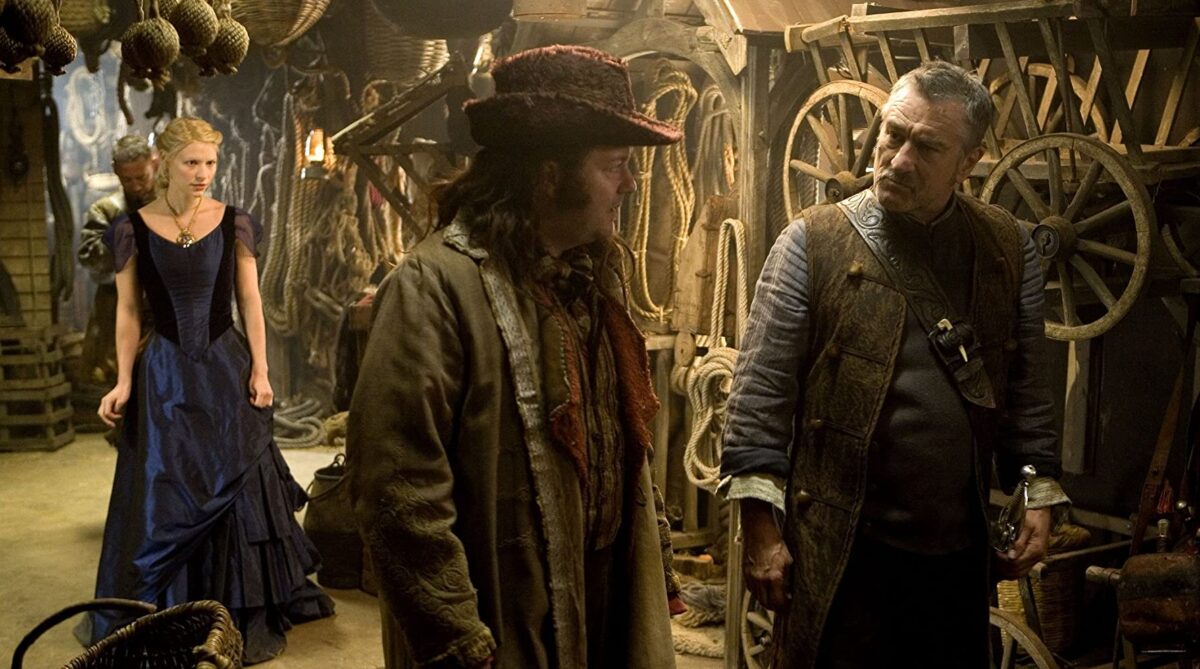

There are more: Is it a feature or a bug if a movie goes out of its way to have Bowie meeting Andy Warhol, then simply cut to the singer talking about how great he was without bothering to show him? (Considering Bowie once played this thin white duke of Pop Art, which means any actor slapping on the blonde wig would be subject to a level of metaness this film simply couldn’t handle, we’ll reluctantly go with “feature.”) Can you really say someone is “playing” T. (It opens in theaters and on VOD today.) No one is expecting definitive answers, though viewers might be surprised that it leaves them with so many questions: Why would any actor dare to attempt playing Bowie, especially if their name was not Tilda Swinton? Do you reward Johnny Flynn extra points for taking on such a high-degree-of-difficulty task, even as you subtract points for turning Bowie’s layered camp routine into a feyness-by-numbers bore? (He does have a nice voice.) Can you really make a Bowie biopic if you don’t have the rights to use any of his songs? Did all ’70s publicists really talk in such ridiculous you-only-need-one-believer platitudes back then? Is that what actor/stand-up/Oberman manqué Marc Maron looks like without a mustache? Just how many snippets of generic glam-sounding music can a movie pass off as a score in lieu of the real thing before a bleeding of the ears occur? of A., all cryptic answers and coke snorting and shocking the squares in his Max Fish dress, helped fuel his Zigginess. Stardust is - or maybe “aims to be” is a more accurate way of putting it - a what-if version of that road trip, wondering aloud how Bowie’s jaunt through the U.S. The other involved an alien fronting a band known as the Spiders from Mars.ħ0 Greatest Music Documentaries of All Time But when he got back to England, the former Mr. There was lots of drug-taking and some groupie-shtupping and ever so often a guitar was lacksadaisacally strummed, whirlwind journey across America was not what you’d call a success. His chaperone-slash-chauffeur for the trip is Ron Oberman, a publicist who is the only person who thinks Bowie is the next big thing.

He wasn’t able to play shows he’d just be doing radio interviews and chatting with prominent rock journalists like John Mendelsohn.

So his label, Mercury, decided to send Bowie on a promotional tour of America. and the U.S., though it was beginning to attract a little critical attention in the States. It had stiffed commercially in both the U.K. His wife, Angela, was getting impatient regarding his lack of fame and fortune. His third album, The Man Who Sold the World, hadn’t been received as the star-making breakthrough he thought it would be. In 1971, David Bowie was at a crossroads.


 0 kommentar(er)
0 kommentar(er)
